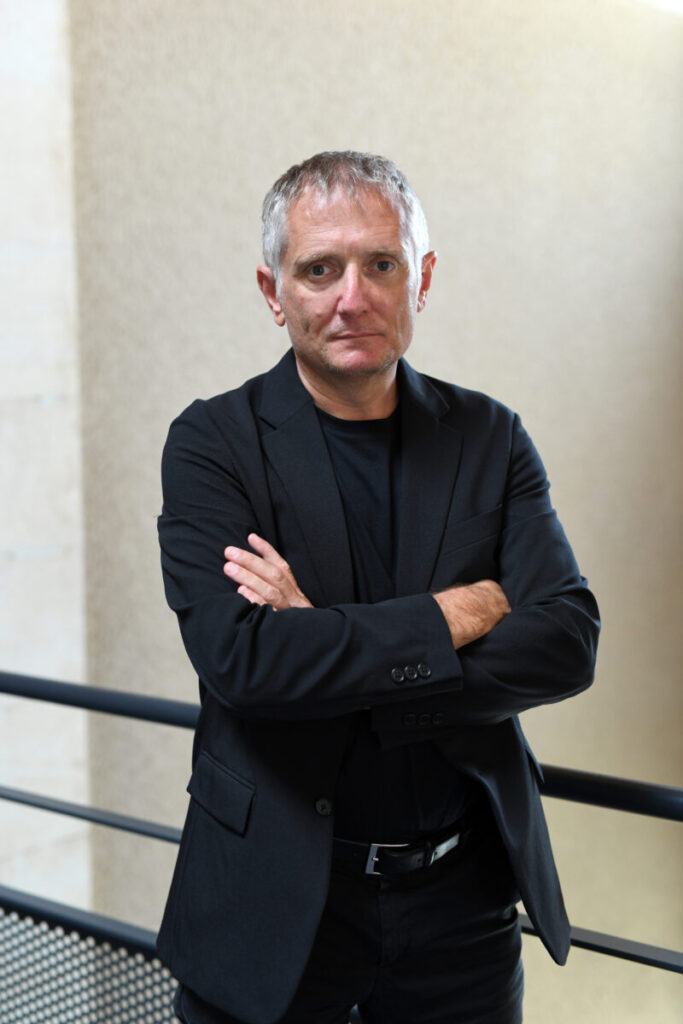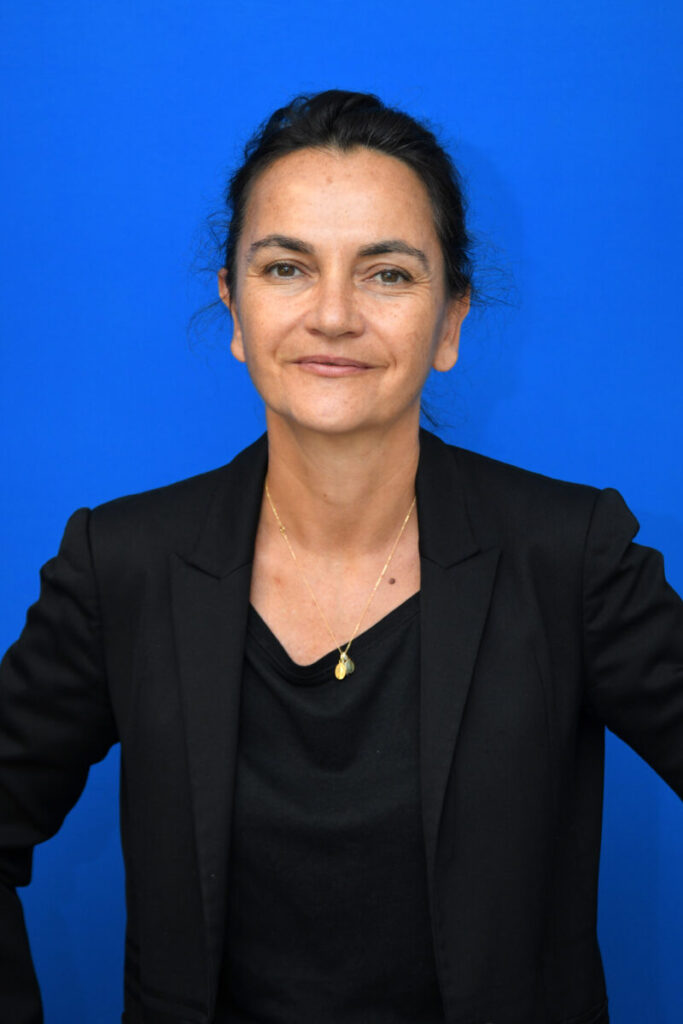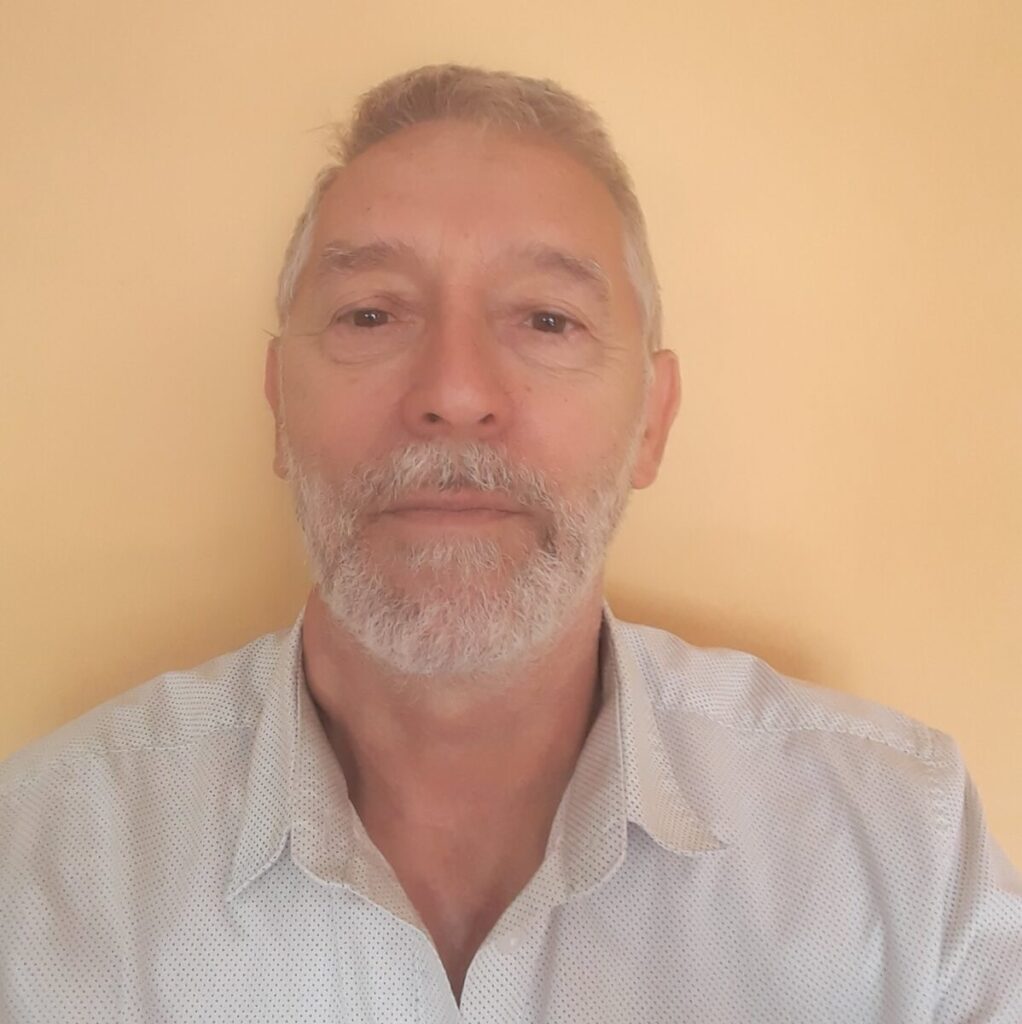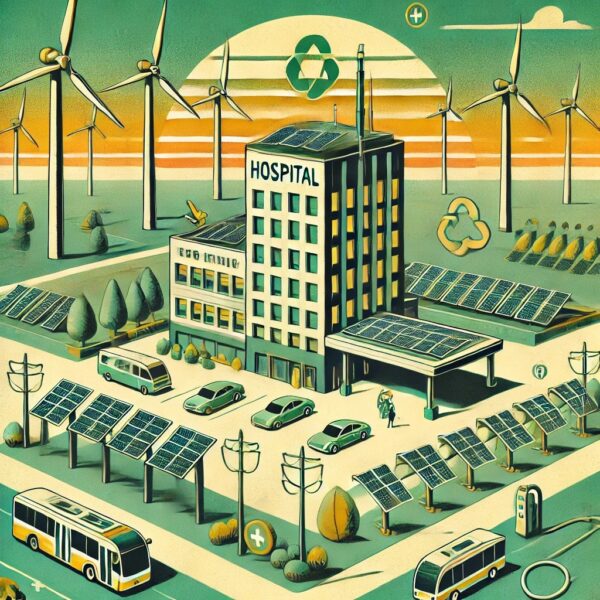Interview with Bernard Mossé, Scientific Director of NEEDE Méditerranée, with François Crémieux, General Director of the Public Assistance of Hospitals of Marseille (APHM) and Émilie Garrido-Pradalié, Director of Innovation at APHM.
#2 The extension of the notion of "health" and the risks it entails
Bernard Mossé: It seems to me, listening to you, including in our previous exchanges, particularly on the issue of attention to the most vulnerable, that the notion of health has taken a very broad extension over the past 3 or 4 decades. That, undoubtedly following the work of philosopher Georges Canguilhem, health cannot be defined solely by the absence of disease. For example, what is today called occupational health goes far beyond what was understood by that term 30 years ago.
François Crémieux: Yes, that is true. And it is both a victory and a risk.
On one hand, it is a victory that is partly linked to the fact that the WHO (World Health Organization) insists that health is a "state of complete physical, mental, and social well-being," and "does not consist solely of the absence of disease or infirmity." With a conception that is indeed much more general, almost philosophical, and ultimately almost unattainable, of what good health is. So this is the victory of that concept, and I think it's good news.
Secondly, it is a real risk. We see it today in psychiatry, where the extension of the notion of mental illness has shifted from psychiatry to mental health, and from mental health to well-being, with bookstore shelves filled with books on the question of well-being, which ultimately makes us forget that between well-being and schizophrenia, there is a state that is clearly not the same.
I find that it is both a beautiful victory to aspire to live not only in the absence of disease, but for example in the absence of dependence as we age, in the absence of work-related stress, when we are otherwise in good somatic health. It is a risk also in terms of public policies. We are ultimately redirecting resources not towards solidarity between the sick and the healthy, but towards a sort of dispersion of resources regarding everyone, including the healthy, and perhaps with the risk of losing solidarity with those who are truly ill. I find that psychiatry today clearly raises this question. Once again, the positive aspect of the broader conception of mental health towards a state of well-being and not simply the psychological and somatic suffering of severe psychiatric illnesses is both the victory of a beautiful broad and holistic conception of human health, but also the risk of losing attention and solidarity towards those whose illness is a disability and a significant suffering.
BM: One of the consequences of this extension of the notion of health is to place the entire burden on the healthcare system where issues should be addressed more globally by other policies and other economic and social structures? I draw a parallel with educational issues that extend well beyond the School.
F.C.: I obviously think there are two risks.
The first is indeed to place everything on the health sector in terms of public policies, but also in terms of training, resources, skills, etc.
But there is also the risk of diverting the health sector towards these issues. As with psychiatry, one of the difficulties today is to hold firm on the fundamentals, so to speak, at least on the care of people whose mental health is so degraded that it becomes a disabling suffering: taking care of schizophrenia when it is in an acute phase, people who have attempted suicide, etc. And not to be too diverted by the issue of well-being.
There is a small risk on one side of over-responsibilizing the health sector and for example, under-responsibilizing the education sector on educational issues; on the other side, demobilizing the health sector on its main issues. It is again a matter of finding the balance between a broad vision of health and the effective management of pathologies causing the greatest suffering.
B.M.: The search for this balance is perhaps also one of the challenges of environmental health?
F.C.: Quite precisely, the growing interest in the issues of environmental health that emerge from the heart of the hospital logically leads us - it goes in the direction of your question - to move out of the hospital. Because in fact, as soon as we talk about health in connection with the environment, we are immediately led to step outside, whether to consider the impact of the hospital itself on its environment or the impact of care. It is about preventing disease by better adapting to the environment. So yes, you are right that environmental health also inherently carries, like mental health, this necessity to broaden its scope beyond the world of care and health professionals.
BM: Beyond the question of prevention, does this broadening of the notion of health not imply - this is an old debate - an increased responsibility of the patients themselves in their treatments?
F.C.: Yes, it remains a challenge for reasons that are not directly related to the exchange we are having, but to the fact that most patients today suffer from chronic diseases and will live the best and longest possible with this disease. And as soon as the disease is no longer just an acute phase that leads to death.
There were roughly, until recently, sick people for whom we were worried and who risked dying, but who were not disabled. And disabled people, particularly war disabilities and physical disabilities, but who were not sick. Today, there is a sort of continuum between disability, illness, and full well-being, to the point that one can even be in a state of well-being while being disabled and/or sick, managing to compensate for the illness or disability and live perfectly happily with it. And so yes, the question of autonomy, and to a certain extent of self-medication, of what we call from the hospital "patients," but who are also parents, citizens, employees, associative activists, retirees, etc., has become a major issue. Not that they always have a scientific understanding of their illness and pharmacopoeia to self-educate, but at least that they can gain autonomy in the face of the chronicity of diseases so as not to depend eternally on the weekly visit to the doctor to know whether to take 1 or 3 pills. Conversely, we also clearly see the risk of autonomy and responsibility, which can end up being a heavy burden in terms of mental load for people already highly solicited as parents, employees, etc.
From the hospital's perspective, the balance is today very unstable, depending on the diseases, depending on the behavior of caregivers... Clearly, sometimes we are too present, sometimes not enough. I just listened to the presentation of an activist involved with AFM Téléthon (the French Association Against Myopathies): when you are parents of children with severe disabilities, the question is not to be even more responsible than we already are in a world that generally helps you very little to live with a severely disabled child. And so here, we are in the over-responsibility due to insufficient public policies, support from associative means. Conversely, in many other areas, we probably leave insufficient freedom to patients. For example, in the field of nephrology, when excessive dialysis is imposed, instead of sometimes proposing methods that allow for more freedom: here, we are conversely lacking autonomy.
Here, as we see in many other areas, finding the right dosage is delicate to ensure maximum autonomy for patients in relation to each health condition and the life context of each of them.
Biographies

François Crémieux is a senior health official with a unique and diverse background. Graduated in economics from the universities of Paris Dauphine and Lancaster (UK) and in public health from the Paris Diderot Faculty of Medicine, he has been leading the Public Assistance-Hospitals of Marseille, APHM, since June 2021. He has had a long career as a hospital director, which has taken him from the Clermont Hospital Center in Oise to the hospital in Kosovska Mitrovica in Kosovo, including roles as an advisor to Marisol Touraine, Minister of Social Affairs and Health, and Deputy Director General of APHP under Martin Hirsch. His commitment is reflected in various actions: a volunteer in Bosnia in the 1990s, during the war; a long-time member of the editorial board of the journal Esprit; an advocate for a hospital on the front line to reduce social inequalities in access to care.

Emilie Garrido-Pradalié is a hospital director in charge of innovation at APHM. Graduated in theoretical and applied economics from the University of Montpellier and in computer science and information systems from the School of Mines of Alès, she began her career in the public service within the Montpellier Metropolis led by Georges Frêche. She joined the CHU of Montpellier in 2008 to lead change management activities with human, medical, and non-medical resources, then APHM to lead research management from June 2018.

Bernard Mossé is a historian, Research, Education, Training Manager of the NEEDE Méditerranée association. Member of the Scientific Council of the Camp des Milles Foundation - Memory and Education for which he was the scientific manager and coordinator of the UNESCO Chair "Education for Citizenship, Human Sciences, and Convergence of Memories" (Aix-Marseille University / Camp des Milles).
